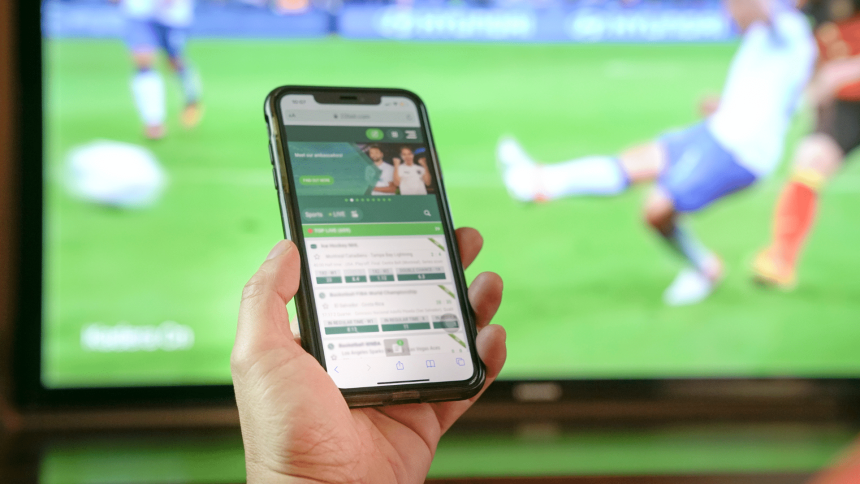Mississippians age 21 and up remain without the ability to legally place wagers on sporting events from mobile devices.
For the third straight year, efforts by the House of Representatives to bring legal online sports betting to the Magnolia State did not bear fruit. A fundamental difference in opinion by gaming committee leaders in the House and Senate was on display once again this legislative session.

While House Gaming Committee Chair Casey Eure, R-Saucier, was confident that discussions with cross-chamber counterparts ahead of the current session resulted in the necessary concessions being offered to satisfy demands levied by Senate Gaming Committee Chair David Blount, D-Jackson, those thoughts proved futile.
Early in the session, the House overwhelmingly passed HB 1302, or the Mississippi Mobile Sports Wagering Act, with bipartisan support. The legislation, in addition to legalizing mobile sports betting, required gaming platforms like DraftKings, FanDuel, BetMGM, and others to partner with a Mississippi casino before opening a digital platform to wage bets, ensuring brick-and-mortar casinos were not left without a piece of the revenue pie.
Revenue generated by mobile sports betting was slated to be taxed at 12%, with the lion’s share of the proceeds going to road and bridge repairs in all 82 Mississippi counties.
In early March, the Senate Gaming Committee neglected to pick up HB 1302, allowing the legislation to be killed on a legislative deadline. To keep the spirit of the bill alive, the House Gaming Committee gutted Senate Bills 2381 and 2510 and inserted the exact language of its original bill into both pieces of legislation.
SB 2381 died on the calendar a few weeks after it was modified. However, lawmakers took the amended version of SB 2510 to conference, where it ultimately was axed. To this day, the Senate has not held a floor vote on a bill legalizing mobile sports betting.
“The reason we have gaming in Mississippi is to encourage investment, to create jobs, and to grow tourism to bring other people from other places to Mississippi. Mobile sports betting doesn’t do that,” Blount said earlier in the session. “Mobile sports betting is in a lot of states, and a lot of people want to do that. I respect that, but it is a different product than the product that we already have.”
According to the American Gaming Association, roughly $64 billion in illegal online bets goes to sportsbooks and bookies nationally. Officials in the House estimate that Mississippi is responsible for around $3 billion of that figure.
The chamber’s solution to this problem was to legalize mobile sports betting, creating a regulated but safe avenue for people to do what they’ve been doing in the state unlawfully for years. Blount’s solution is to crack down on illegal gaming occurring in the state.
Regardless, with Mississippians unable to legally place wagers from phones and other mobile devices, the state will continue to miss out on an untapped revenue stream.
“That money will go elsewhere or into illegal dealers’ pockets instead of through the normal channels where our gaming officials could regulate it, and we would at least see the benefit of our operators making that money and Mississippians making it versus it hitting on the illegal market,” House Speaker Jason White, R-West, said.
Neighboring states, like Louisiana and Tennessee, secured a large sum of tax revenue from mobile sports betting last year. Tennessee generated nearly $100 million while Louisiana hauled in $64 million. Mississippi, on the other hand, acquired nothing as it remains one of 19 states keeping mobile sports betting illegal.







